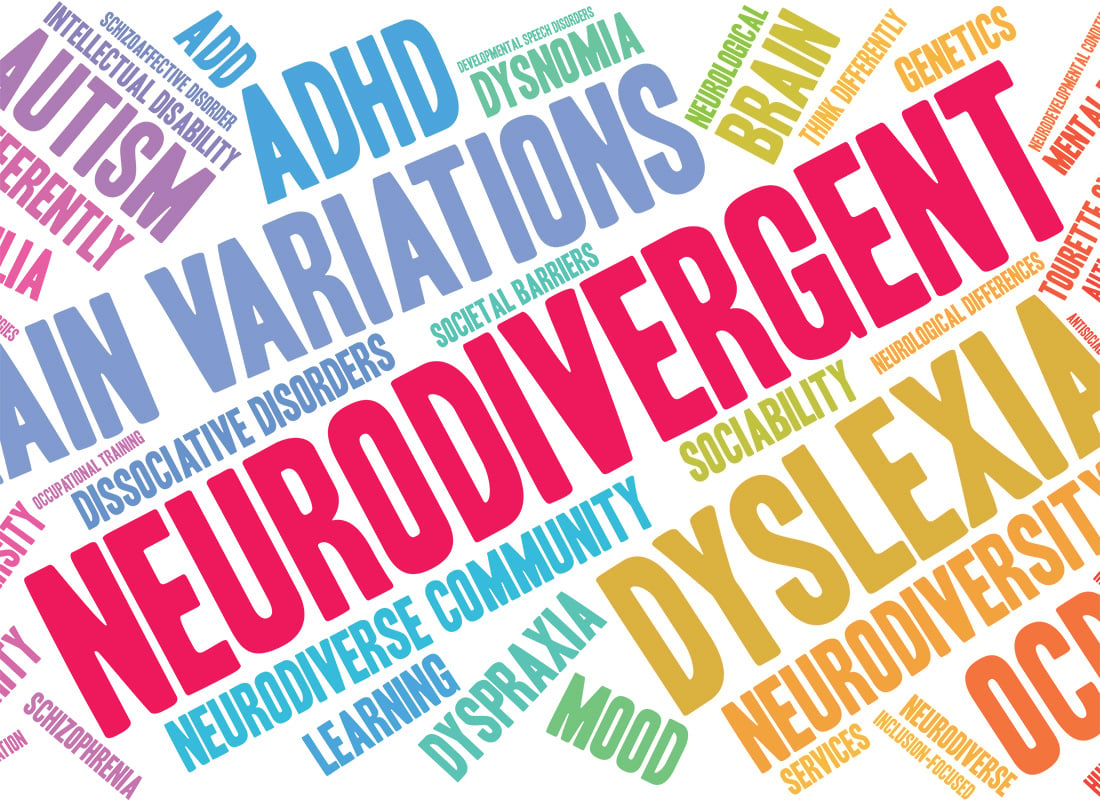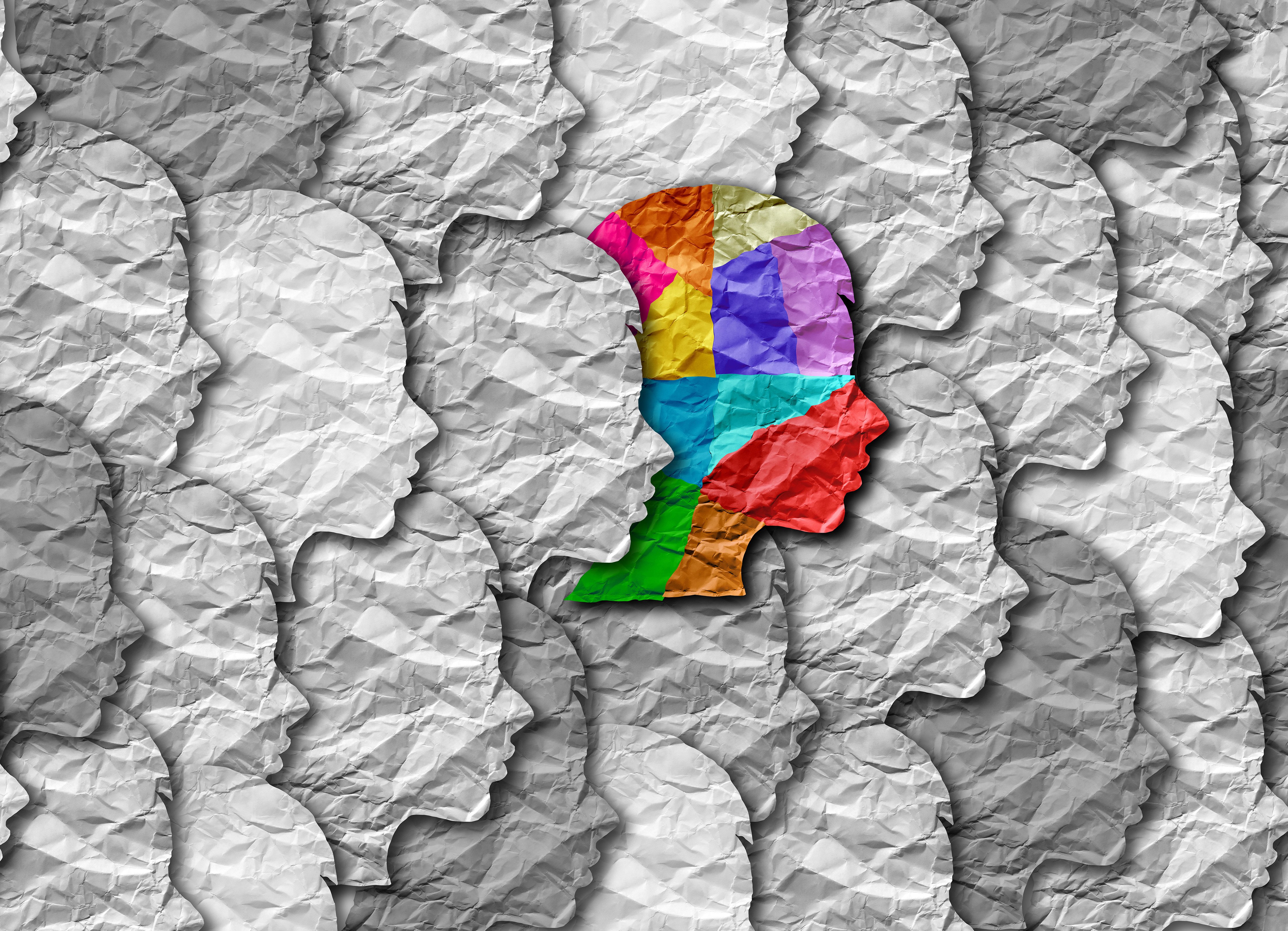To mark Neurodiversity Celebration Week, 13 - 19 March, 2023, we caught up with the BCS NeurodiverseIT specialist members group.
It’s a support network and helps the tech sector access and understand the unique talents of neurodivergent IT professionals. Matthew Bellringer, chair of the SG and autistic, dyslexic ADHDer, spoke to Claire Penketh.
What do neurodivergent people bring to the tech sector?
"The contribution that neurodivergent and disabled people have made and continue to make to the workplace is already really significant.
"IT as a profession has long been a better place than many for neurodivergent people. We have a long history of people who clearly saw the world differently, thought differently and who have made huge steps forward in technology.
"When we talk about neurodiversity, the conversation is always about access or mitigating weakness, which is an important part of the conversation. But it's also really important to talk about the unique perspective neurodivergent minds offer to organisations and society.
"Everyone's neurology and their lived experience vary, and that's a natural and healthy thing for humans. It's a secret advantage that we think, see, and understand things differently and can communicate that to other people and share that understanding.
How can tech help neurodivergent people?
"There's so much really effective, accessible technology available now, but there is still a big gap between the available technology and the people needing it.
"An effective way to address that is to ensure that neurodivergent people are working in the support and delivery of these services and are not just advisors."
What are the big issues that neurodivergent people face?
"There's still a lot of stigmas. For instance, a relatively recent piece of research asked HR managers if they'd have serious reservations about hiring someone who is neurodiverse. The answer was at least half of them would, and I suspect that's an underestimate.
"That stigma affects people in very material ways, and one of the big things around neurodiversity is how serious the consequences can be. I have Autism and ADHD, and, in this country, these conditions are associated with around 15 years lower life expectancy. Only 22% of autistic adults are in work, according to the last ONS survey, so people are socially and economically marginalised. That has consequences. I don't see any of these conditions as inherently the cause; it's entirely the lack of understanding in broader society of being unable to work or do meaningful work and the lack of access to services that cause these harms.
"We've seen several pieces in the press recently, sharing misinformation, particularly around ADHD, which carries a specific stigma that it is either massively over-diagnosed or doesn't exist.
"It reminds me of my dyslexia diagnosis in the 1980s. And I remember teachers who didn't believe in dyslexia."
But, as there is so much more available information, and events like Neurodiversity Celebration Week, doesn't it also make it easier for neurodiverse individuals?
For you
Be part of something bigger, join BCS, The Chartered Institute for IT.
"It's helpful that those of us who already know we have conditions and traits don't have to explain much up front now as more is widely known about the conditions. It also means many undiagnosed people, who haven't been through an official assessment, can benefit from more support and help.
"However, we are now being noticed by the contrarians and the reactionaries who wish the world worked precisely as they imagined it should rather than how it does. From my perspective, those people are always on the wrong side of history, and I see it almost as a mark of pride that they're picking on us.
Over the past 20 years or so, a growing movement has banded Neurodiverse people under one umbrella similar approach to the LGBTQ+ movement. What do you think of that approach?
"With neurodivergence being under one umbrella these days, people don't necessarily understand the different types of neurodivergences. They just think you're not the same as everybody else. You're not typical.
"One of the advantages of not being first is that you have other movements to learn from. The neurodiversity movement borrows and owes a debt to gender equality, racial justice, and the LGBTQ+ Pride movements. We borrow from all of them and build upon them, and it's helpful. There's also a significant overlap between the communities too.
It's been a year since you set up the BCS NeurodiverseIT specialist group for members – how's it going?
"It's building slowly, and part of the focus this year is to see how we can get BCS to become a leading organisation in its accessibility for neurodiversity. So that feels positive, and we're moving in that direction.
"I'm also looking forward to neurodiversity being a focus of the upcoming annual BCS Diversity Report."

















